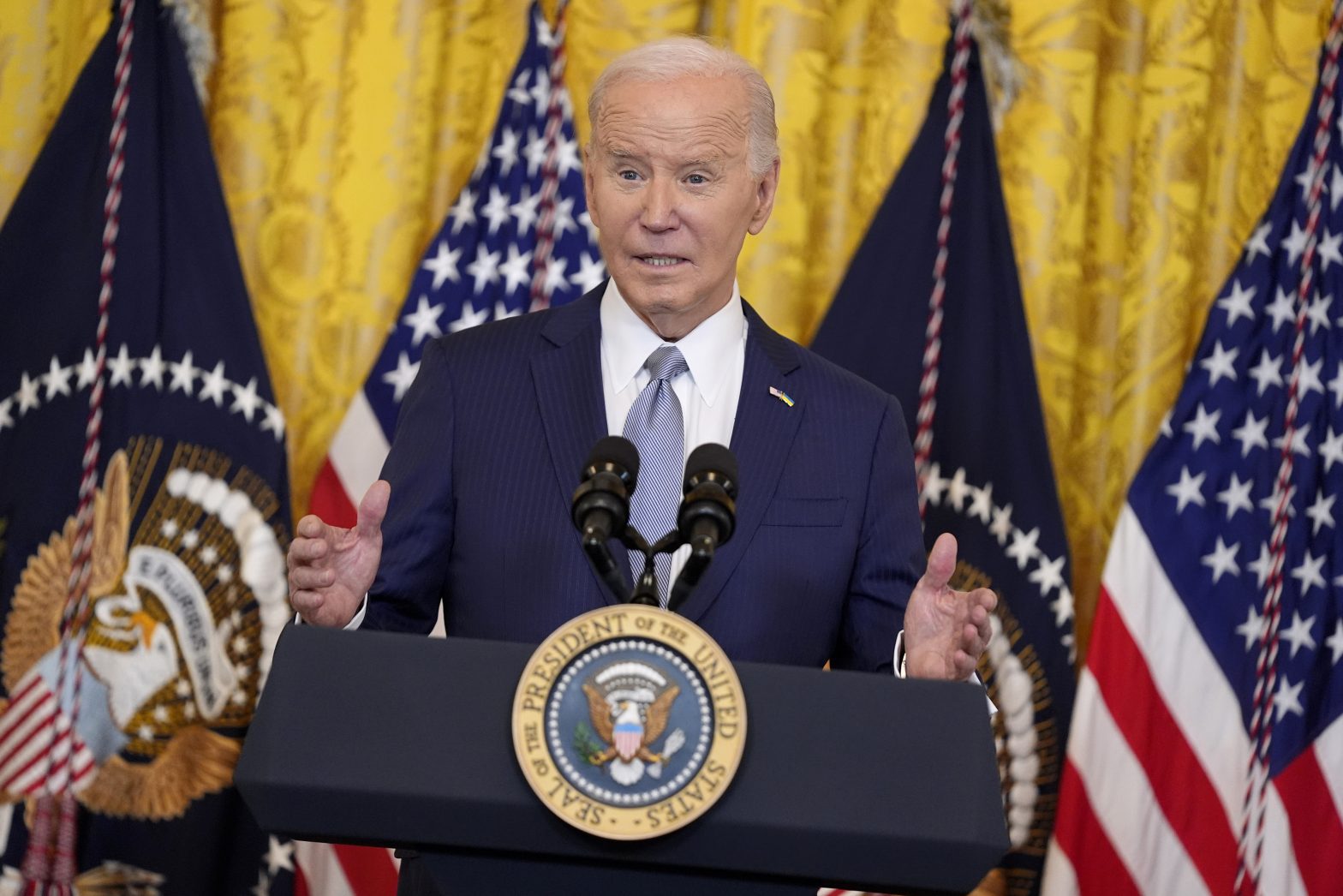Biden Is Taking Aim at the Wrong ‘Junk’
COMMENTARY

Imagine this: a president was elected with a razor thin majority of the vote. He then spent the ensuing three years reducing the production of domestic energy while spending newly created money at historic levels, causing catastrophic and painful inflation.
This is, by all accounts, bad enough. But to then have the audacity to point the finger at private businesses for raising their prices in step with the spending-driven inflation is icing on the inflated cake.
Of course, it’s an election year and that means it is time for politicians to cover up the full impact of such unpopular economic results. The path President Joe Biden and the Consumer Financial Protection Bureau have taken is to obfuscate the truth by distracting the public with a fight against so-called “junk fees.”
Even more distracting is neither the president nor the CFPB have bothered to define exactly what they mean by the term.
If one attempts to Sherlock Holmes the matter, the CFPB website gives a few examples but not much else. Namely, fees on accounts with insufficient funds, declined credit card transactions and charges for guaranteed asset protection insurance policies for automobiles that remain in place after a financed vehicle is paid off. Are we supposed to believe that stuff is worth the distraction?
To be completely honest, I don’t like these fees any more than you do. However, the Biden administration’s crusade against the fees is wrong.
First, it is a distraction from the state of our economy. The Wall Street Journal pointed out that more than 11% of each American’s disposable income — which might otherwise have gone to vacations, hobbies and fun with friends — is being used on food. This is the highest level since the 1990s.
Next, it ignores the need for lenders to make a profit. Let’s take automobiles for example, particularly since Biden is a classic car lover. A new automobile loses approximately 9% of its value when you take it home for the first time. By year five, it has lost nearly 60% of the original value. In 2023, when new car prices were slightly higher, lenders often fronted more than 80% of a new car’s original value, putting their money — and that of their financial backers — at great risk. This is in addition to the risk associated with loaning money on a mobile asset, which can be destroyed in an accident, or even hidden by defaulting borrowers.
Thus, the fees charged with auto loans, no matter how annoying, create the opportunity for profit that lenders need in order to take the risk of lending you money to purchase a mobile asset that becomes less valuable every day. If the CFPB and Biden get their way and fewer lenders are willing to make auto loans, how will anyone be able to afford a new set of wheels with an average list price of more than $49,000?
But I will concede one point to Biden and his team. There are a few junk fees that could be eliminated or reduced, which would solve many middle-class financial woes.
Those would be corporate, individual and payroll taxes.
These junk fees are so pervasive that they add to the cost of the products we buy in stores (corporate taxes), while simultaneously sapping our buying power (individual income taxes). What’s more, the paltry returns we receive through Social Security (payroll taxes) is barely enough to sustain us in old age.
Imagine if we had been able to keep more of our own money in the first place.
In fact, the impact of these junk fees often leads to bank accounts going into the negative, along with missed car and mortgage payments. This leads to even more of the fees that Biden and the CFPB are campaigning to ban.
So, in this election year, I hope the president will be bold enough to address the real junk fees — income, corporate and payroll taxes — that inhibit wealth creation, constrain budgets and needlessly give Americans a hard time.
Phil Bell is director of external affairs at FreedomWorks. He has served on the staffs of the Maryland Republican Party, Republican National Committee, and the 2012 Newt Gingrich presidential campaign, as well as lobbying in support of freight railroads and First Amendment issues. He can be reached by email.
























